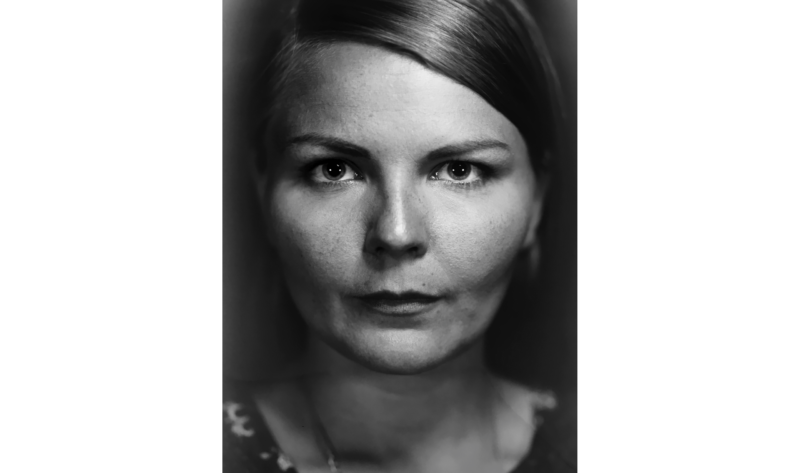
Water determines the Great Lakes Region’s economic future
Climate change, geopolitics and business opportunities power a blue economy
The Canadian Association of Journalists has recognized photographer Amber Bracken for her exceptional coverage of the Wet’suwet’en crisis in The Narwhal, praising her “moral courage” in defending the public’s right to know.
Bracken, Jerome Turner and Jesse Winter — all of whom reported on RCMP raids in Wet’suwet’en territory — were awarded the Charles Bury President’s Award for their outstanding contributions to journalism in Canada.
The three journalists were on the ground in northwest B.C. in February when the RCMP threatened to arrest reporters and implemented an exclusion zone to prohibit media from monitoring police activity.
The police force subsequently reversed course amid widespread criticism from the Canadian Association of Journalists, Amnesty International and news organizations including The Narwhal.
Canadian Association of Journalists president Karyn Pugliese praised Bracken, Turner and Winter for their “moral courage” to report in the face of those threats, adding: “Nothing is more critical to a free and just society than the right to know.”

Photographer Amber Bracken.
In her acceptance speech, Bracken acknowledged the concerted efforts to defend press freedom.
“It would have been a much scarier place to be without the support that was shown by CAJ and without the resolute support of Emma and Carol at The Narwhal, and all of my other colleagues there who were working tirelessly behind the scenes to write and contextualize what I was seeing on the front line,” Bracken said.
“There is no minor infraction on the right to report and we really do need to stick together and we really need to have each other’s backs,” she said. “Considering the times we’re living through, it’s more important than ever that we be really tenacious about defending our right to report.”
What an incredible honour and wonderful company to be in—thank you. I can’t say enough about, @thenarwhalca @carollinnitt and @reporteremma who’s support bolstered my courage and who never once made me feel I was on my own. As a freelancer, that is a really big deal. https://t.co/V54F9Z9OQx
— Amber Bracken (@photobracken) May 31, 2020
“The crisis on Wet’suwe’ten territory goes to the heart of The Narwhal’s reporting on Indigenous rights and the management of natural resources, especially in places that are remote and often out of sight for the vast majority of Canadians,” said Carol Linnitt, The Narwhal’s managing editor.
“Amber’s bravery and commitment to tell the story through her photography — even in the face of intimidation — played an invaluable role in keeping the public informed about this critical issue.”
Bracken spent one month in Wet’suwet’en territory while on assignment for The Narwhal, producing in-depth reporting and photography on the RCMP raids as well as the cultural impacts of the Coastal GasLink pipeline on Wet’suwet’en territory.
The Wet’suwet’en standoff in opposition to the pipeline sparked international media coverage along with protests and blockades across Canada. Amid the backlash, the federal and B.C. governments agreed to sit down with Wet’suwet’en hereditary leaders to discuss rights and title. An agreement between the three parties was reached last month.
This year’s Canadian Association of Journalists Awards were held virtually after the COVID-19 pandemic forced the cancellation of the gala in Montreal.
Beyond Bracken’s work, The Narwhal received nominations for its investigation into Alberta’s oil and gas regulator as well as a photo essay documenting a Canadian mining company’s impact on a small Mexican town.
Get the inside scoop on The Narwhal’s environment and climate reporting by signing up for our free newsletter. On a warm September evening nearly 15...
Continue reading
Climate change, geopolitics and business opportunities power a blue economy

10 billion litres of sewage are dumped into Winnipeg’s lakes and rivers each year. Some...

Court sides with Xatśūll First Nation, temporarily halting Mount Polley mine waste expansion
